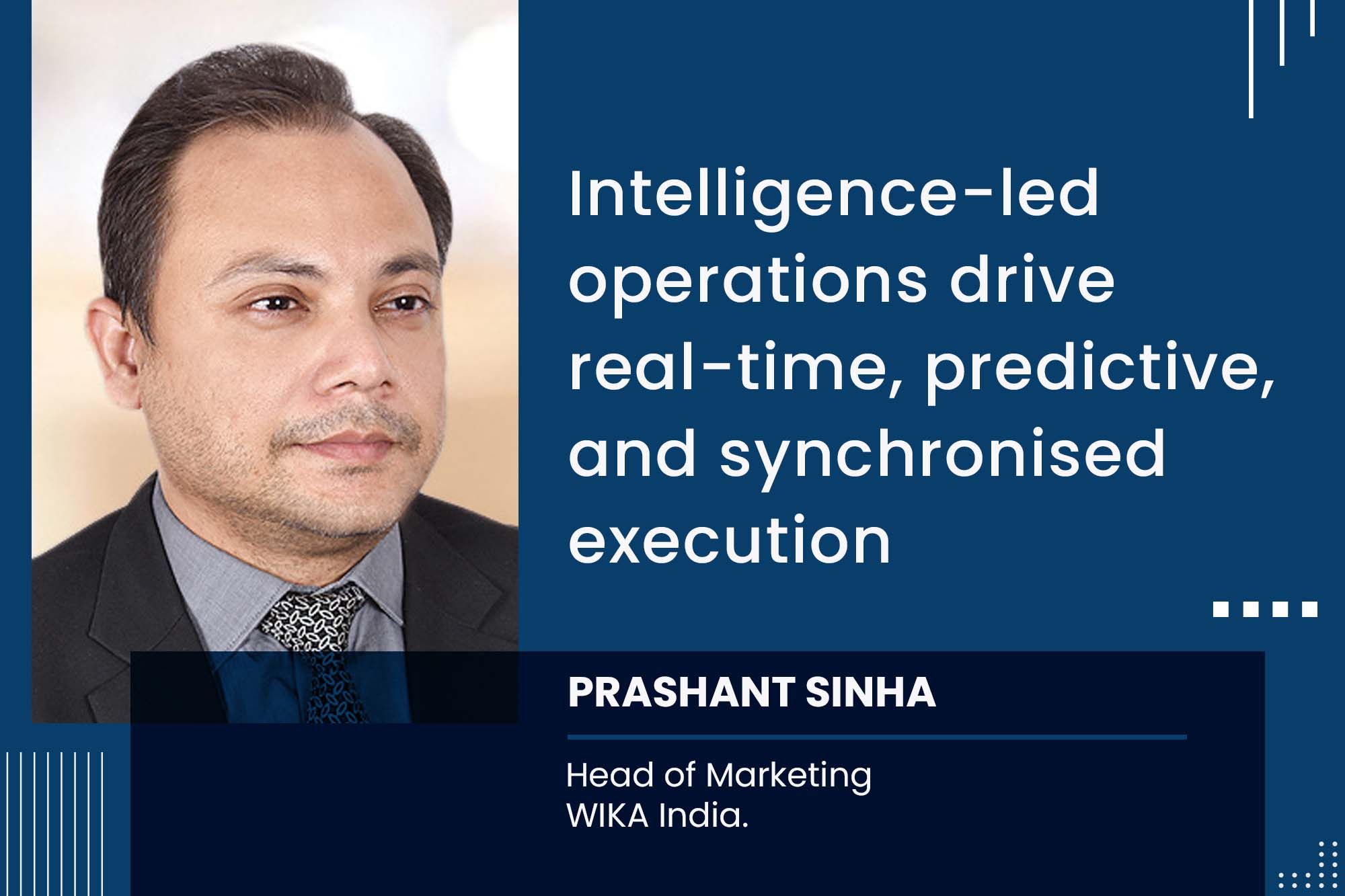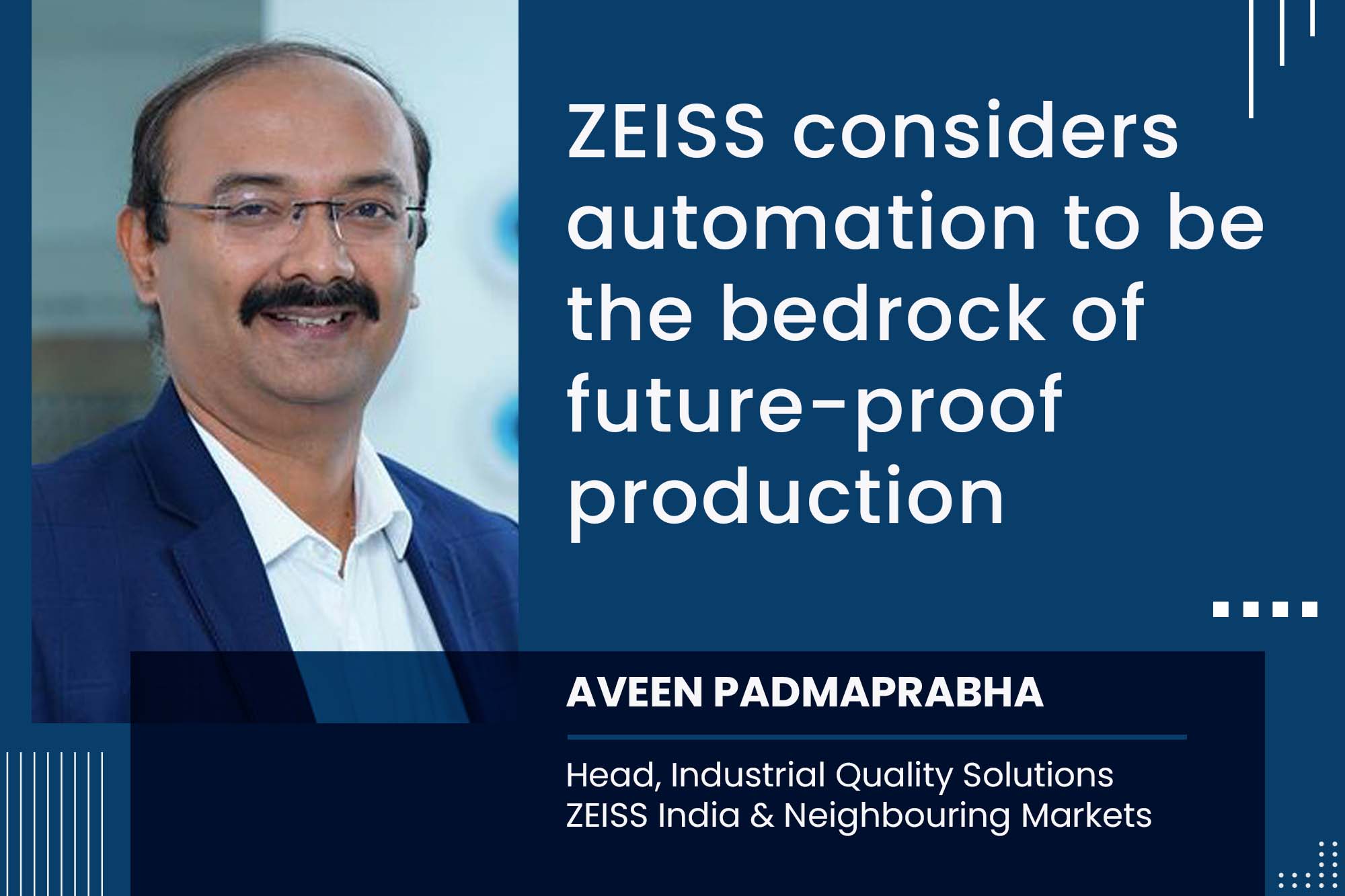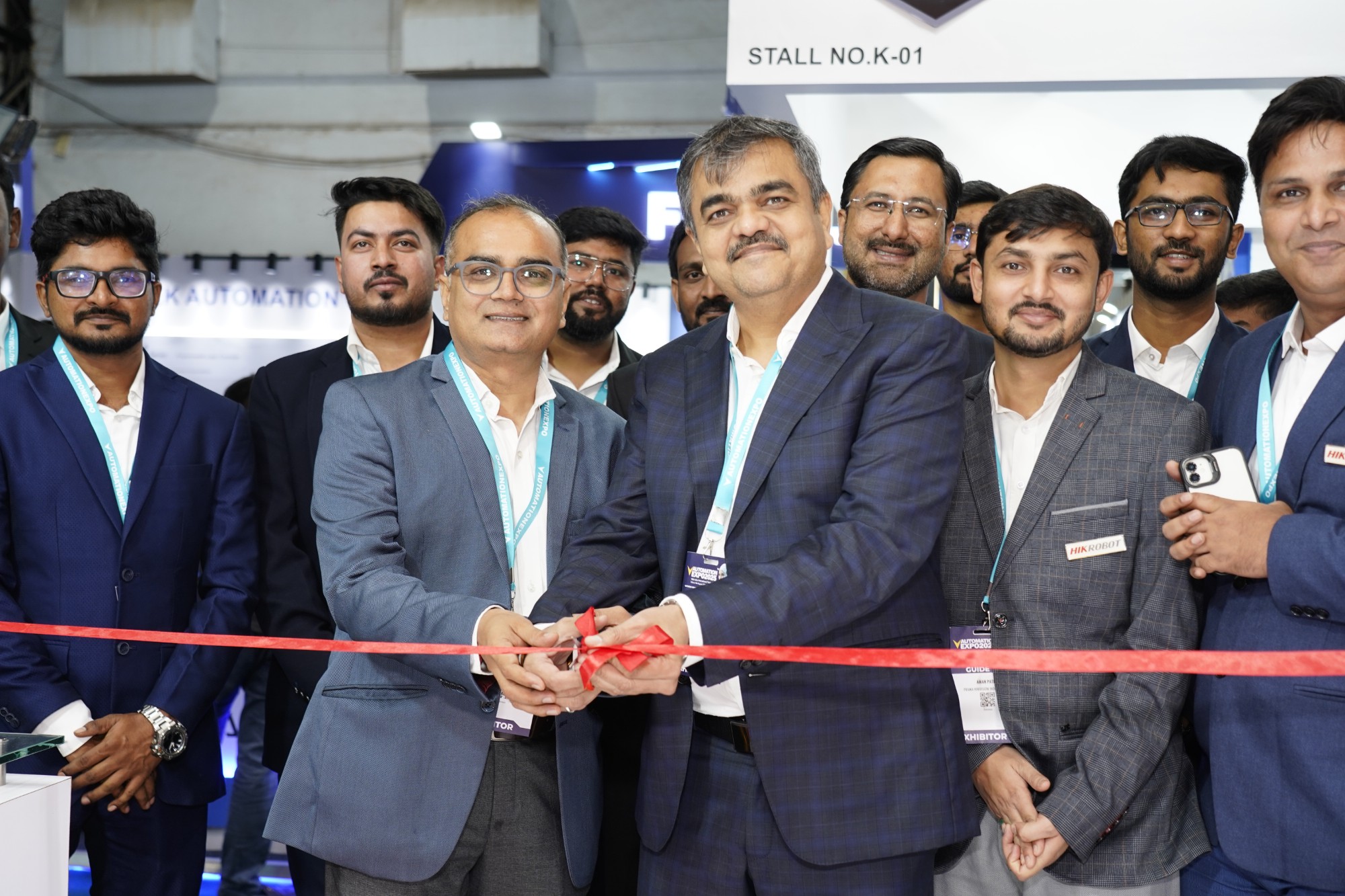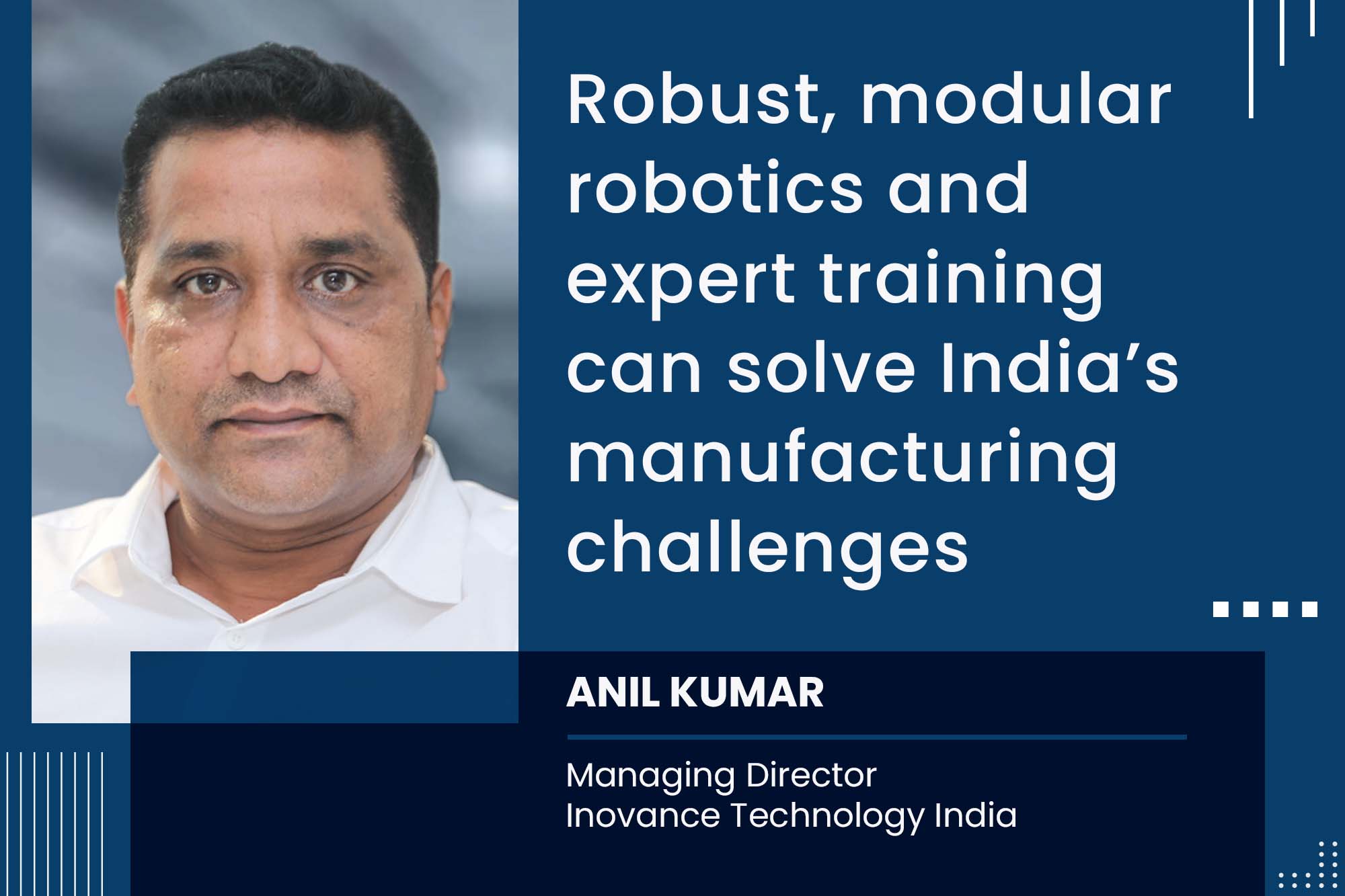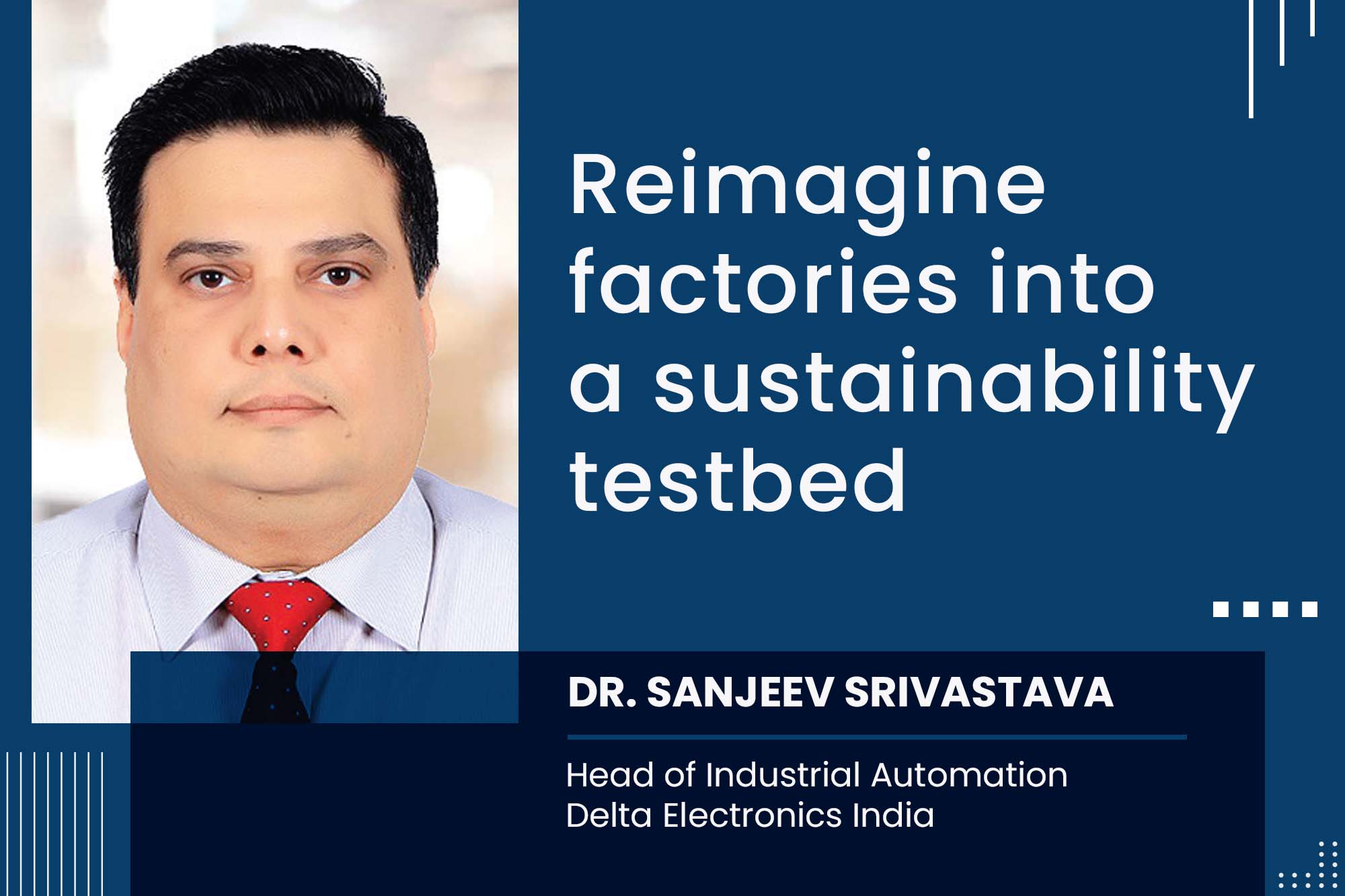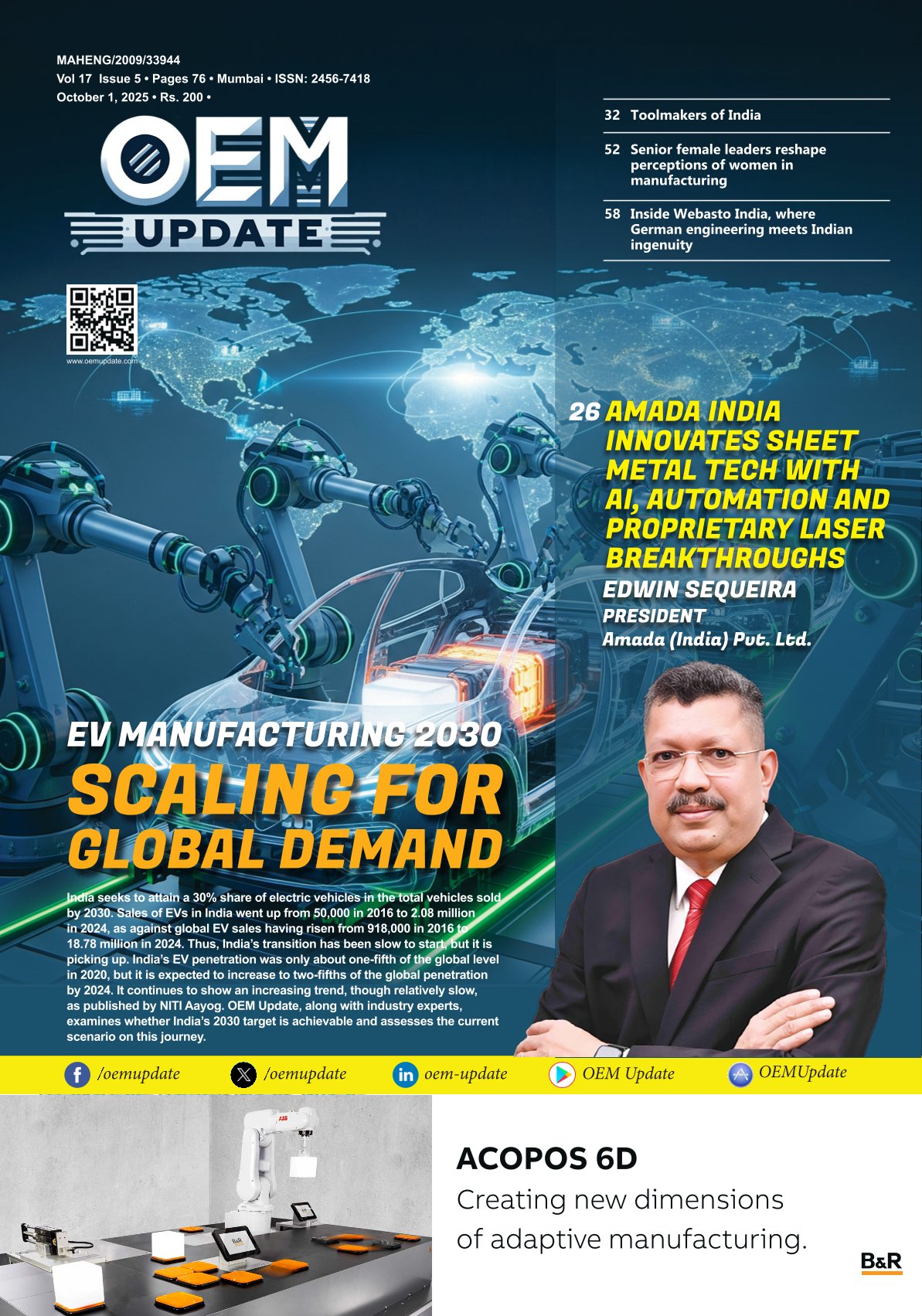Intelligence-led operations drive real-time, predictive and synchronised execution
By Staff Report August 21, 2025 6:39 pm IST
Smart automation is driven by AI, IoT, robotics, and cloud integration, which is now helping Indian manufacturing to grow with intelligence, precision, and agility for global competitiveness.
The convergence of robotics, AI/ML, digital twins, IoT, and cloud systems has impacted the manufacturing sector. This evolution isn’t just about process automation; it is about embedding intelligence across operations to enable real-time responsiveness, predictive accuracy, and synchronised execution. As global supply chains demand faster turnaround and zero-defect outputs, Indian manufacturers are reconfiguring their production systems to achieve agility, traceability, and competitive resilience across automotive, pharmaceuticals, electronics, and industrial machinery sectors. Precision instrumentation, such as that developed by WIKA, forms a foundational layer in this shift toward integrated, data-driven manufacturing.
Predictive intelligence with AI/ML and digital twins
AI and machine learning are enabling manufacturers to model, test, and optimise complex processes before they are deployed on the shop floor. Digital twins replicate assets and systems virtually, identifying variability and enabling predictive maintenance. Their accuracy depends on high-quality, real-time inputs. WIKA’s calibrated pressure and temperature sensors serve as reliable data sources for these simulations, ensuring integrity across both physical and digital environments. This alignment reduces process uncertainty, enhances uptime, and supports faster root-cause analysis across distributed facilities.
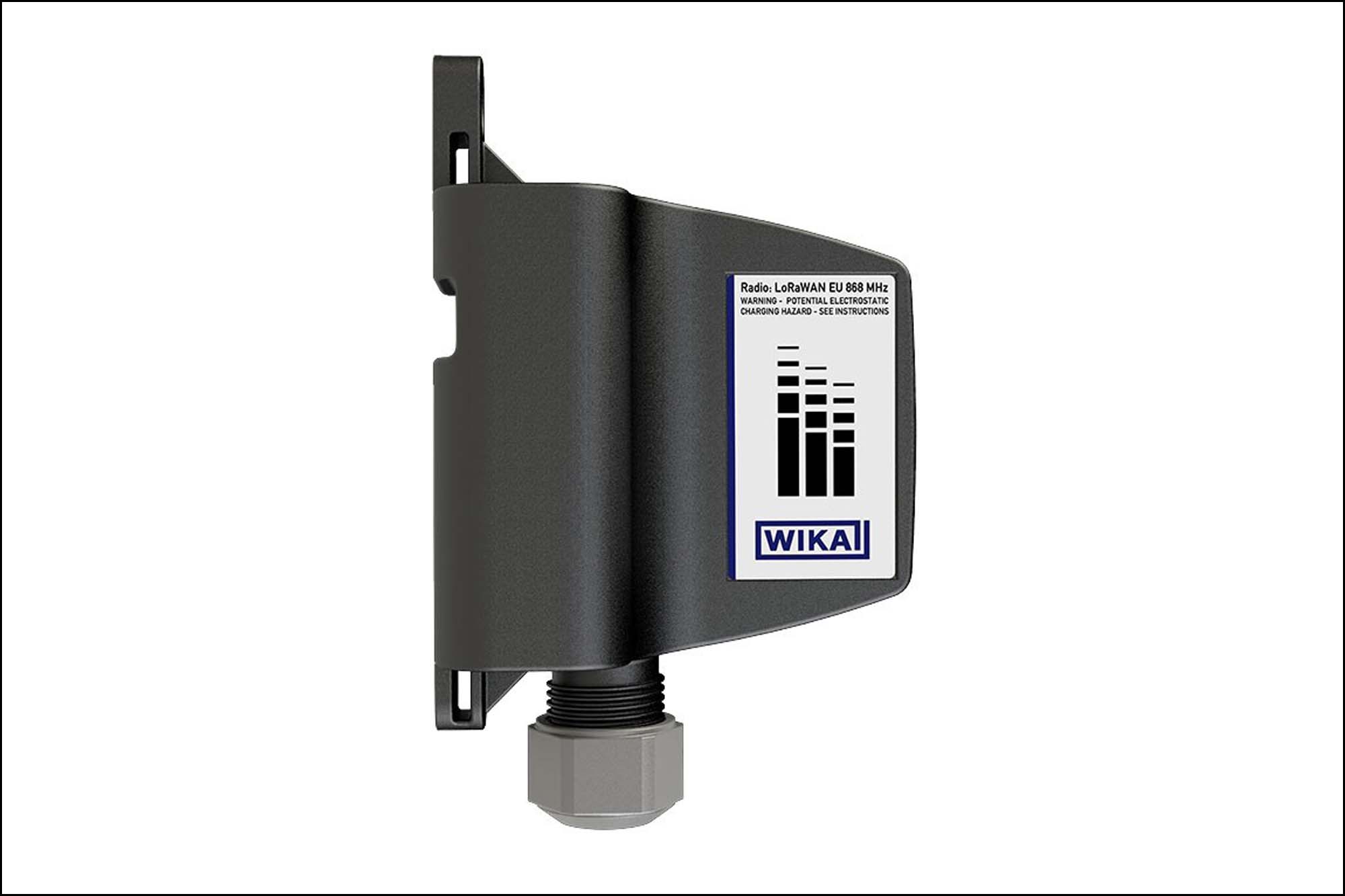
IoT-enabled process monitoring and traceability
IoT networks collect granular data from machines, environments, and material flows, enabling visibility into every layer of manufacturing operations. When connected to cloud platforms, these networks support alerts, diagnostics, and audit trails, strengthening both quality and compliance. At the device level, WIKA’s smart instrumentation captures key parameters such as pressure fluctuations and level variation, forming the foundation for responsive control loops. In process-critical industries, this real-time traceability is essential for minimising deviation and managing batch-level accuracy across high-mix production environments.
Robotics for operational safety
Industrial robotics streamlines high-precision and repetitive tasks in areas such as welding, assembly, and packaging. These systems reduce human exposure to hazardous conditions while improving throughput consistency. The integration of real-time sensor feedback helps robots to adapt to slight variations in torque, position, or resistance. WIKA’s force and strain sensors are frequently embedded in robotic systems, allowing adaptive response under dynamic loads. This enhances the efficiency of automation cells and extends asset life through controlled mechanical performance.
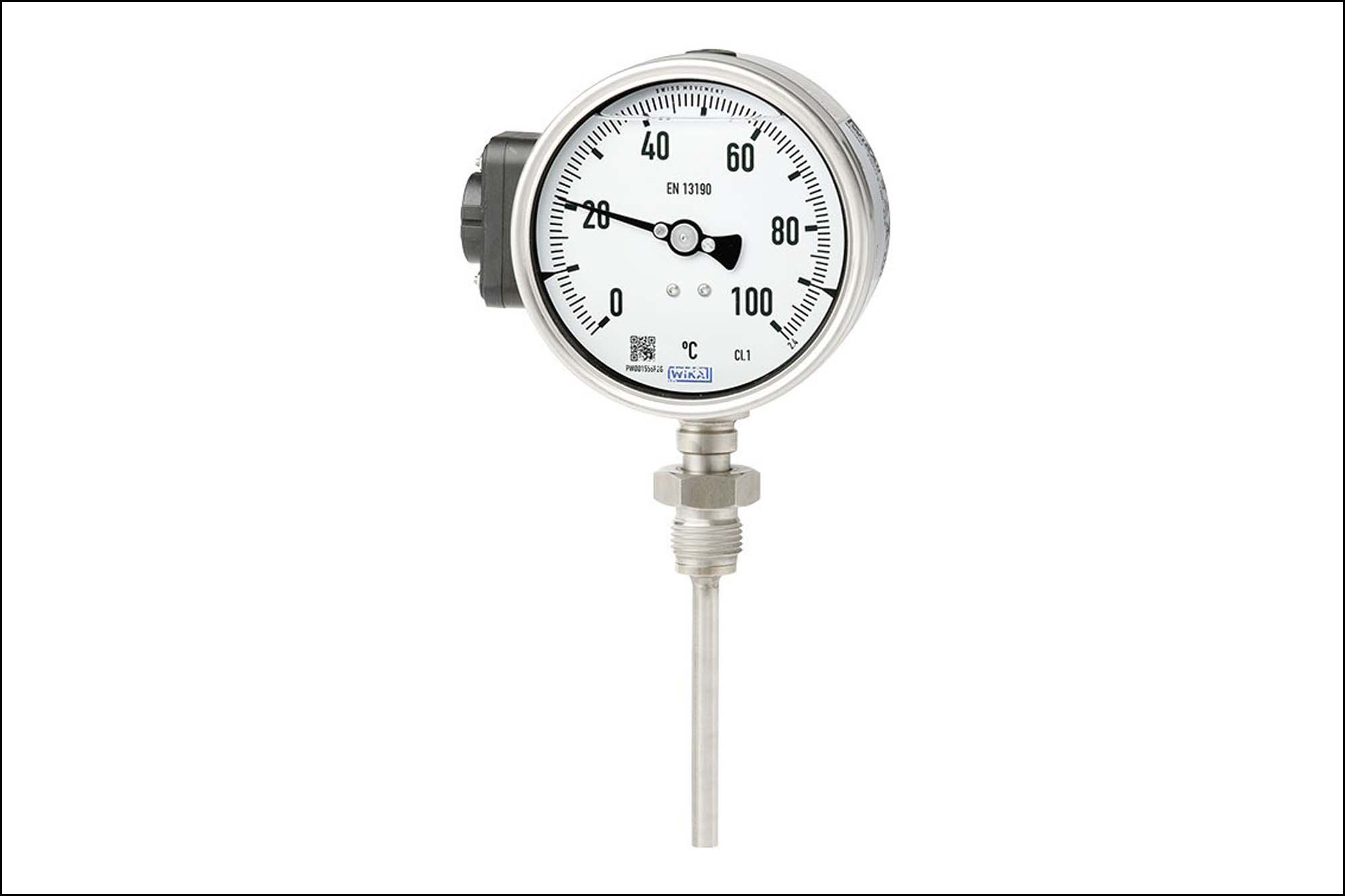
Cloud platforms for systemic agility and scalability
Cloud infrastructure enables manufacturers to orchestrate workflows, supply chains, and analytics from a unified digital environment. It eliminates data silos and accelerates the deployment of optimisation models across locations. For small and medium enterprises, cloud platforms offer scalability without intensive capital investment. WIKA supports this architecture by providing sensor systems with built-in digital protocols, ensuring seamless integration with MES, SCADA, and cloud analytics platforms. This compatibility unlocks system-wide intelligence in multi-site operations for managing diverse product lines.
Integrating automation for future-ready manufacturing
Smart automation is now foundational to delivering flexible, accurate, and digitally accountable manufacturing. Its value lies in isolated technologies and integrated systems that respond, learn, and adapt continuously. Precision sensing, real-time data, and cloud coordination are no longer auxiliary; they are essential infrastructure. Companies like WIKA contribute to this transformation by offering automation solutions and making machines and systems measurable, verifiable, and connected. As Indian manufacturers evolve, the focus must remain on building intelligent frameworks that can sustain global quality and responsiveness.
Cookie Consent
We use cookies to personalize your experience. By continuing to visit this website you agree to our Terms & Conditions, Privacy Policy and Cookie Policy.




